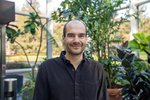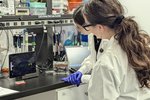Meet the 2025 Genes in Space Judges!
In just a few weeks, our 2025 Genes in Space Finalists will attend the ASCEND Conference in Las Vegas, Nevada, and find out which of their experiments is bound for space next year. That difficult decision lies with our impressive panel of space and science professionals. Get to know our 2025 Genes in Space Judges below:
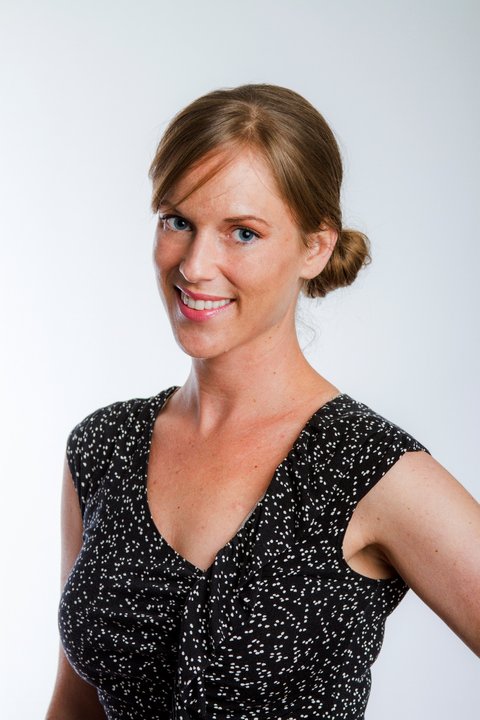 Dr. Kopperud
Dr. Kopperud
Dr. Kristin Kopperud is a Science Program Director for Biological Sciences at the International Space Station (ISS) National Laboratory. She earned her PhD in Biological Sciences from Florida Institute of Technology. During graduate school, she was recruited to serve as a Research Support Scientist for several NASA Rodent Research missions, serving as a surrogate for the crew on the ISS. Thus began a career in the aerospace industry—and she hasn’t looked back!
Judging Dimension: Feasibility and research value of the experiment on the space station
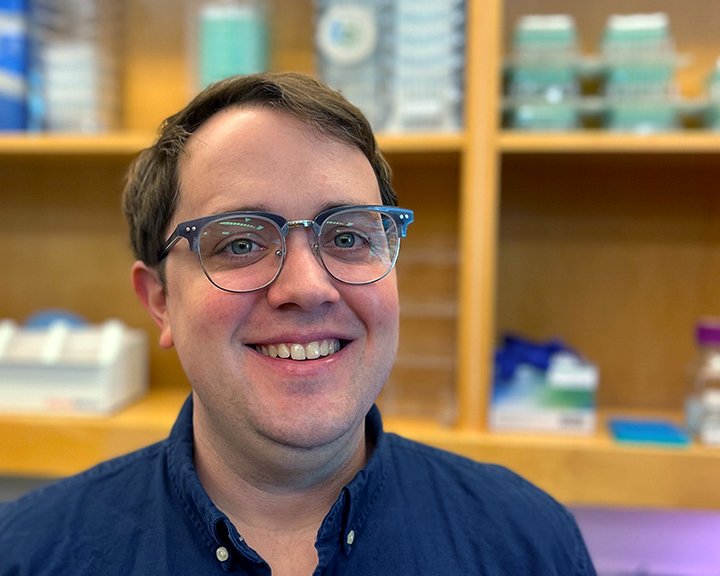 Dr. Pyle
Dr. Pyle
Dr. Jesse Pyle is a research scientist at New England Biolabs. He completed his Ph.D. at Harvard Medical School, where his research focused on RNA virus replication and gene expression. He was instrumental in the research and development of the Genes in Space-12 experiment, which is scheduled to launch aboard SpX-33 in August. Outside of the lab, Jesse enjoys spending time in his home garden, experimenting with new recipes in the kitchen, and becoming overly invested in football every fall.
Judging Dimension: Biological significance and soundness of experimental design
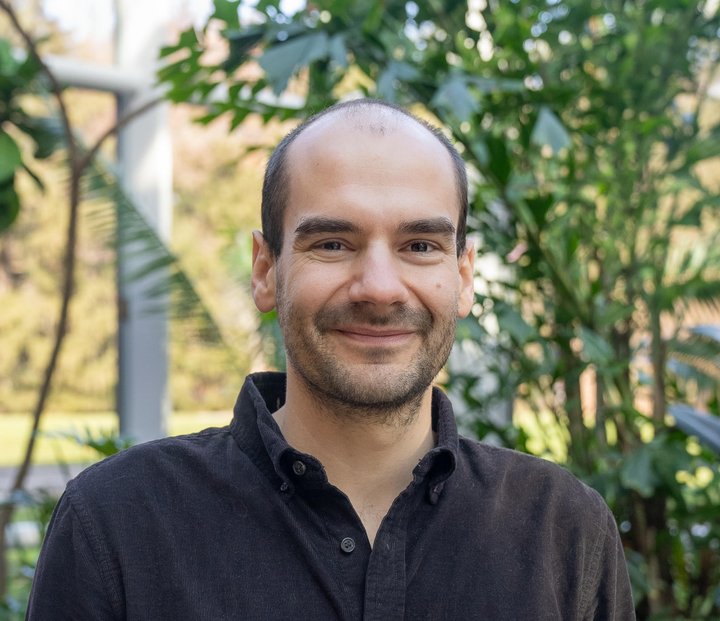 Dr. Radakovic
Dr. Radakovic
Dr. Aleks Radakovic is a Chicago Fellow at the University of Chicago, where he is piecing together the historical events that led to the evolution of the universally conserved genetic code. Dr. Radakovic is the 2025 recipient of the John Hatch Memorial Prize in Mentorship and was a Genes in Space mentor for five years during his PhD at Harvard. In that time, he had the pleasure of mentoring Isabel Jiang, the winner of the 2023 Genes in Space competition.
Judging Dimension: Biological significance and soundness of experimental design
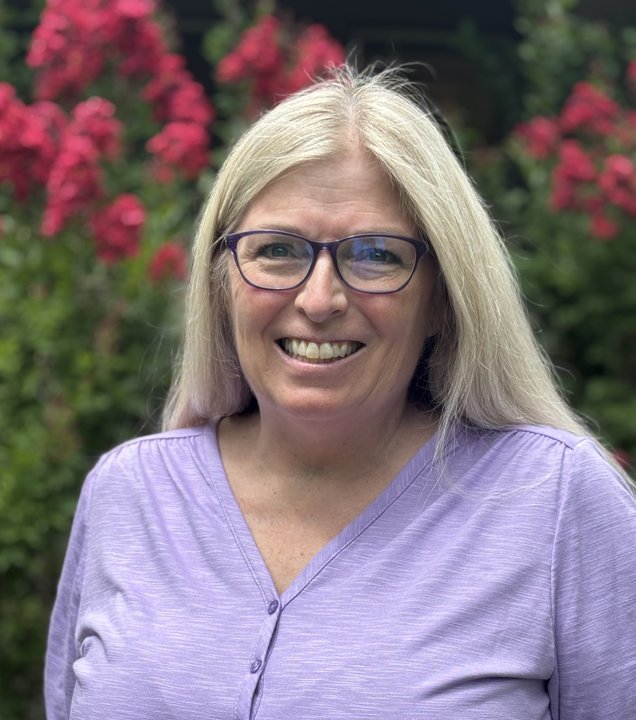 Pamela Schmidt
Pamela Schmidt
Pamela Schmidt is an award-winning veteran educator, having taught for 37 years in a middle school science classroom. Pam’s passion for orchestrating authentic and engaging learning experiences for her students contributed to her being named Colorado Teacher of the Year, winner of the Amgen Award for Science Teaching Excellence, and the Milken Educator Award. Pam and the 8th-grade science team at her school used the Genes in Space contest as the framework for their genetics and astronomy units for the past seven years, encouraging all 420 of their students to develop a proposal and enter the contest.
Judging Dimension: Students' ability to communicate the value and significance of their project
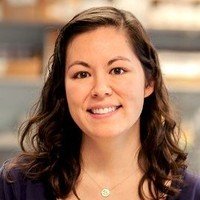 Dr. Nishitani
Dr. Nishitani
Dr. Allison Nishitani works at miniPCR bio, where she develops activities to put biotechnology in the hands of students. Allison earned a Ph.D. in neuroscience and went on to teach high school biology to share her love of science with students. Allison is passionate about making biotechnology more accessible and inspiring the next generation of scientists.
Judging Dimension: Biological significance and use of the GIS Toolkit

